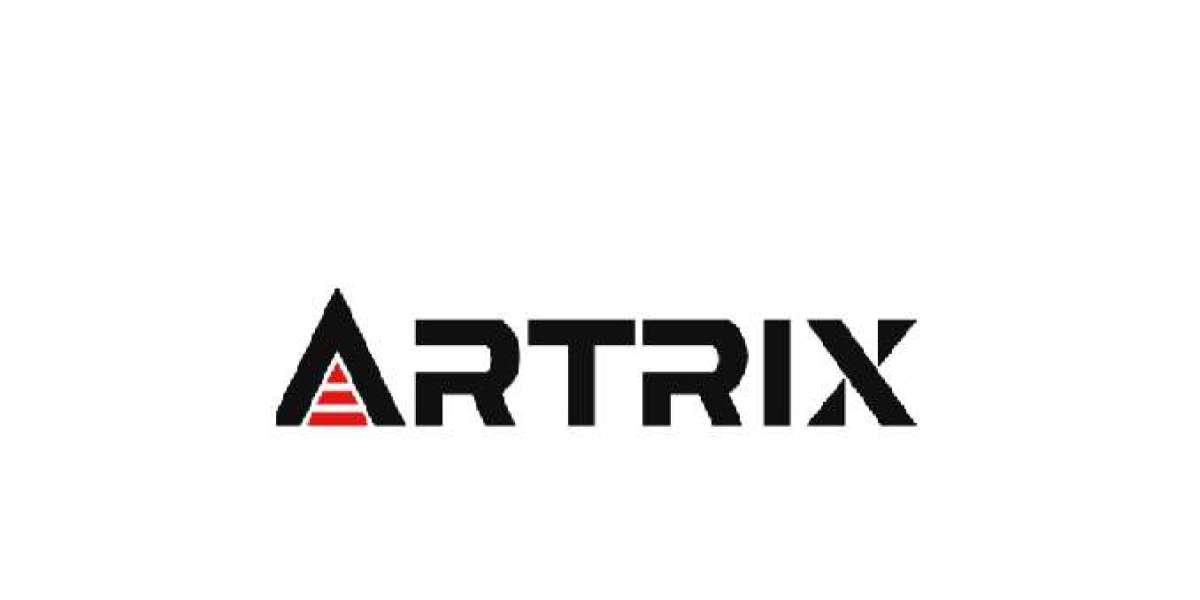Acne is a common skin condition that affects millions of people worldwide. It can be frustrating, embarrassing, and sometimes even painful. While it is most prevalent among teenagers, adults are not immune to acne breakouts. acne solution, there are effective solutions that can help manage and prevent acne. This comprehensive guide explores the causes of acne, various treatment options, and essential skincare practices for clearer, healthier skin.
Understanding Acne: Causes and Types
Acne occurs when hair follicles become clogged with oil, dead skin cells, and bacteria. The severity of acne can range from mild blackheads and whiteheads to severe cystic acne. Some common causes include:
Excess Sebum Production: Overactive sebaceous glands produce too much oil, leading to clogged pores.
Hormonal Changes: Fluctuations in hormones, particularly during puberty, menstruation, pregnancy, or stress, can trigger acne breakouts.
Bacterial Infection: The bacteria Propionibacterium acnes (P. acnes) thrive in clogged pores, causing inflammation and redness.
Diet and Lifestyle: High consumption of processed foods, dairy, and sugary products can contribute to acne.
Stress: Increased stress levels can lead to hormone imbalances that exacerbate acne.
Skincare and Makeup Products: Certain cosmetics and skincare products may contain ingredients that clog pores and worsen acne.
Top Acne Treatment Solutions
1. Over-the-Counter (OTC) Treatments
Many acne treatments are available without a prescription and can effectively manage mild to moderate acne. Some of the most popular OTC treatments include:
Benzoyl Peroxide: Kills acne-causing bacteria and helps reduce inflammation.
Salicylic Acid: Unclogs pores and exfoliates dead skin cells to prevent breakouts.
Niacinamide: A form of Vitamin B3 that reduces redness and inflammation.
Sulfur: Helps dry out pimples and absorb excess oil.
Alpha Hydroxy Acids (AHAs): Exfoliate the skin and improve cell turnover.
2. Prescription Medications
For moderate to severe acne, a dermatologist may prescribe stronger medications, including:
Topical Retinoids: Such as tretinoin, adapalene, and tazarotene, which help unclog pores and promote skin renewal.
Oral Antibiotics: Such as doxycycline or minocycline, which reduce bacteria and inflammation.
Hormonal Therapy: Birth control pills or anti-androgen medications like spironolactone help regulate hormonal acne.
Isotretinoin (Accutane): A powerful oral medication used for severe, cystic acne. It requires close medical supervision due to potential side effects.
3. Natural and Home Remedies
For those who prefer a more natural approach, some home remedies may help manage acne:
Tea Tree Oil: Has antibacterial properties that help reduce inflammation.
Apple Cider Vinegar: Helps balance skin pH and reduce bacteria.
Honey and Cinnamon Mask: Contains antibacterial and anti-inflammatory properties.
Green Tea Extract: Helps reduce oil production and inflammation.
Aloe Vera: Soothes irritated skin and promotes healing.
The Best Skincare Routine for Acne-Prone Skin
A consistent skincare routine is crucial for managing acne and preventing new breakouts. Follow these steps:
1. Cleansing
Use a gentle, non-comedogenic cleanser twice a day.
Avoid harsh scrubs, as they can irritate the skin and worsen acne.
2. Exfoliation
Use a chemical exfoliant like salicylic acid or glycolic acid 2-3 times per week.
Avoid over-exfoliating, as it can strip the skin and cause irritation.
3. Treatment Application
Apply acne treatments such as benzoyl peroxide, retinoids, or niacinamide.
Use spot treatments on active breakouts.
4. Hydration and Moisturizing
Even oily skin needs hydration. Use an oil-free, non-comedogenic moisturizer.
Look for ingredients like hyaluronic acid and ceramides to maintain skin barrier health.
5. Sun Protection
Always use a broad-spectrum SPF 30+ sunscreen.
Many acne treatments increase sun sensitivity, making sunscreen essential.
Lifestyle Changes to Prevent Acne
In addition to skincare and treatments, making certain lifestyle changes can significantly reduce acne breakouts.
1. Maintain a Healthy Diet
Eat a diet rich in fruits, vegetables, whole grains, and lean proteins.
Avoid excessive dairy, sugar, and processed foods.
Drink plenty of water to stay hydrated.
2. Manage Stress Levels
Practice stress-reducing activities like yoga, meditation, and deep breathing exercises.
Get adequate sleep to support skin healing and regeneration.
3. Keep Your Hands and Phone Clean
Avoid touching your face frequently, as it can transfer bacteria.
Clean your phone screen regularly to prevent bacteria buildup.
4. Change Pillowcases and Towels Regularly
Dirty pillowcases and towels can harbor bacteria and oil that contribute to acne.
Use soft, clean fabrics to reduce irritation.
When to See a Dermatologist
If your acne does not improve with OTC treatments, worsens over time, or leaves scars, it is essential to consult a dermatologist. A professional can provide personalized treatment plans, prescribe medications, and offer advanced solutions like chemical peels, laser therapy, or microneedling to improve skin texture and appearance.
Conclusion
Acne can be challenging to deal with, but with the right combination of treatments, skincare, and lifestyle adjustments, it is possible to achieve clearer skin. Whether you opt for OTC treatments, prescription medications, or natural remedies, consistency is key. Remember, every skin type is different, so be patient and persistent in finding the best solution for your skin. If acne persists or causes distress, seek professional help to develop a tailored approach to your skin’s needs. With time and proper care, you can restore your confidence and enjoy a healthy, blemish-free complexion.








